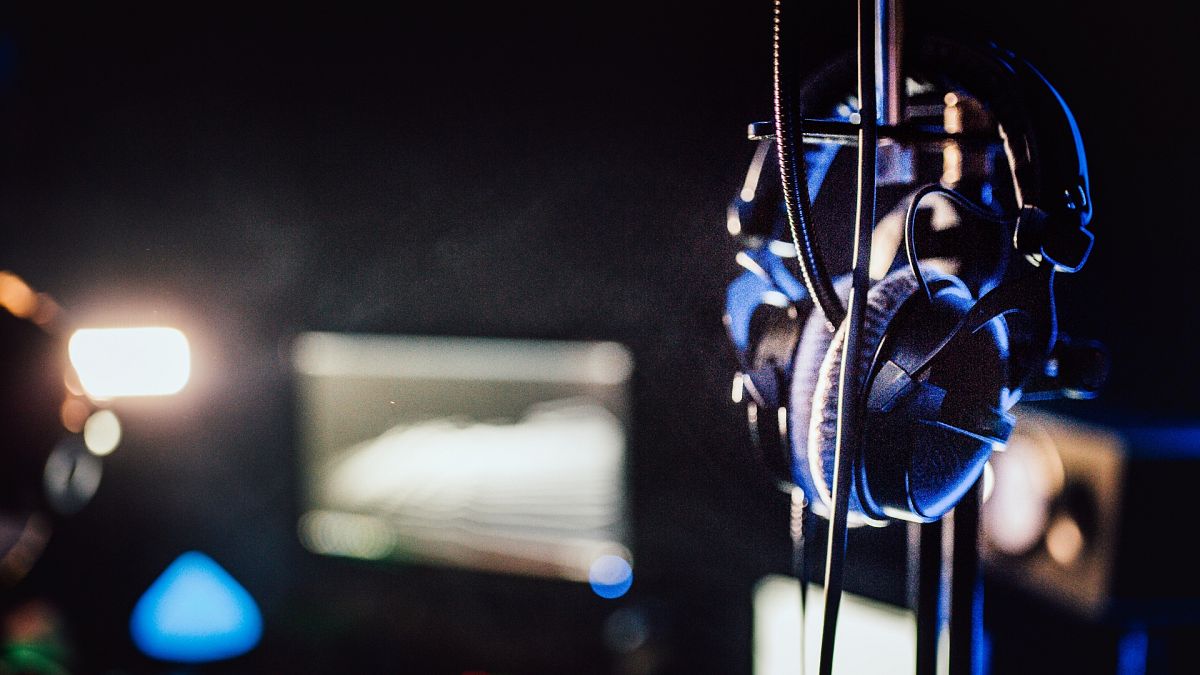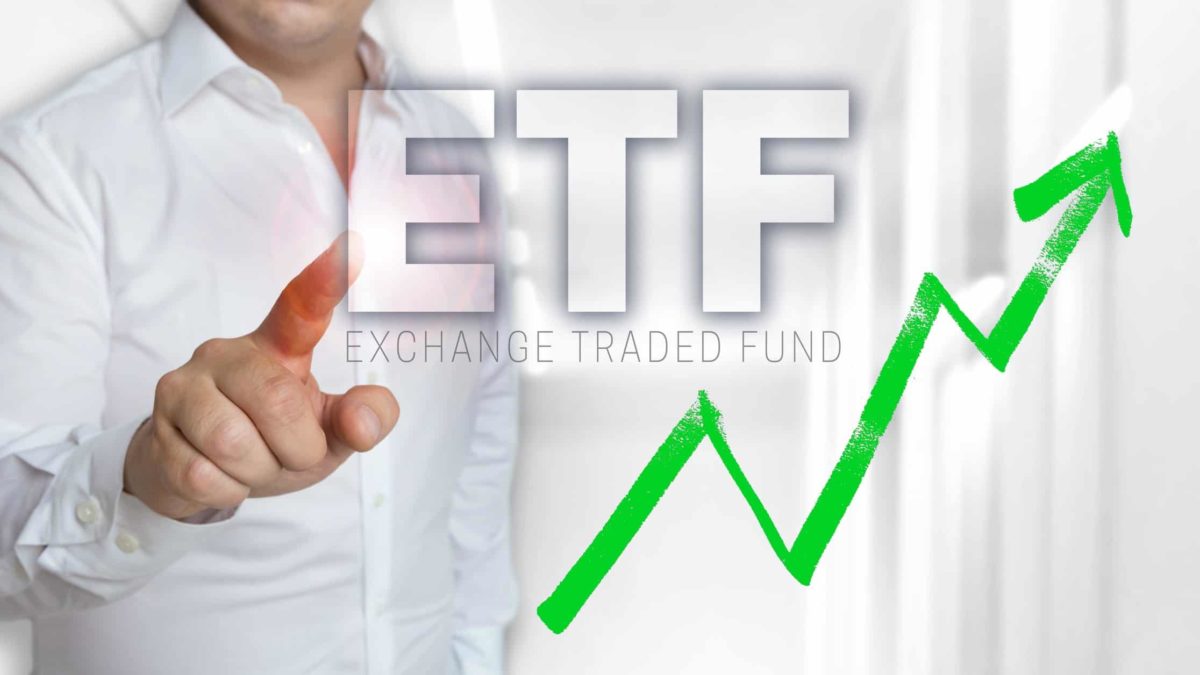
A new global economic study has underlined the threat AI poses to human musicians and artists over the next five years. In just four years’ time, a quarter of musicians could have their financial revenue threatened by AI generated music. The alarming statistic comes from a new global study into the impact AI will have on the music industry.
Over the next five years, music creators could lose up to €10 billion, with an expected annual loss of €4 billion in 2028 if the rate of market penetration by generative AI continues. A by the French-founded creators’ rights advocacy organisation Confédération Internationale des Sociétés d'Auteurs et Compositeurs (CISAC) has found that the use of generative AI is likely to enrich tech companies while “substantially jeopardising the income of human creators”. As human creators lose out, the same €4 billion is predicted to land in the hands of tech firms creating generative AI music as the market for non-human authored music balloons to an annual value of €16 billion by 2028.

This takeover will most probably be seen on streaming platforms, as automated playlists push consumers to listen to AI tracks instead of human-made music. A large portion of this music will come in the form of background music listened to in public settings and through passive playlists. The problem will also be bigger in the audiovisual field, where the market for generative AI content is expected to grow to €48 billion by 2028, through entirely AI-generated video content, alongside production teams utilising AI tools for directing and screenwriting help.
Although some may consider these tools helpful additions to artists’ toolboxes, artists are more likely to financially lose out to tech companies that can create larger volumes of content at a cheaper rate through AI than employing real musicians. Importantly, out as these tools are being trained on works created by humans, almost entirely without their consent. Most current models use copyrighted works in their training without authorisation.
CISAC Director General Gadi Oron said that the study shows “the enormous value that copyright works bring to Gen AI companies.” Its conclusions point to a fundamental flaw that is opening up in the market, with creators’ works being unfairly and unethically appropriated to boost the revenues of Gen AI providers, while leaving the creators themselves out of this growth,” Oron said. CISAC President Björn Ulvaeus said: “For creators of all kinds, from songwriters to film directors, screenwriters to film composers, AI has the power to unlock new and exciting opportunities – but we have to accept that, if badly regulated, generative AI also has the power to cause great damage to human creators, to their careers and livelihoods.
Which of these two scenarios will be the outcome?” As the first study to estimate the economic impact of generative AI on creators of music and audiovisual productions at a global level, CISCA is calling for policy makers to amend laws to protect the creative industries and the people working within them..














